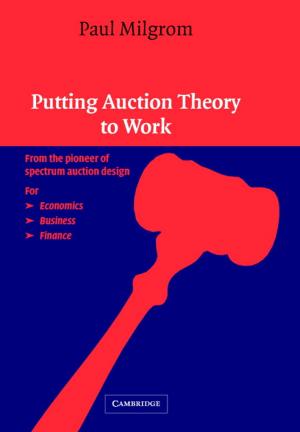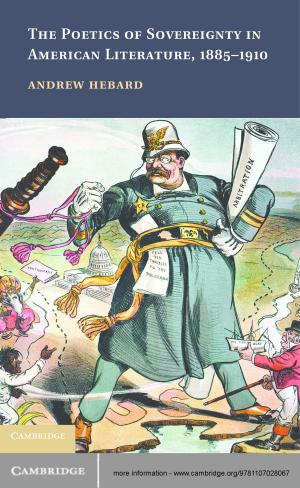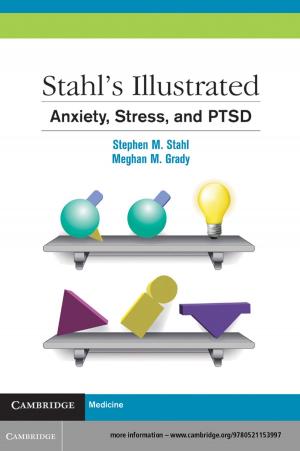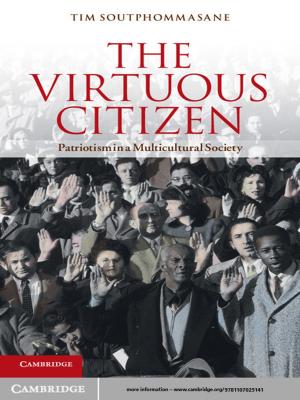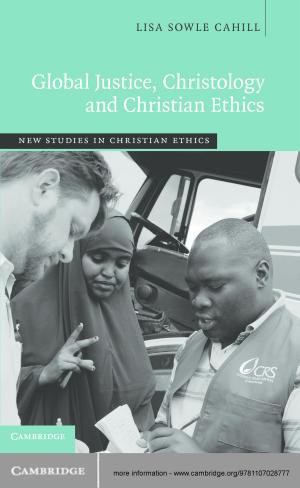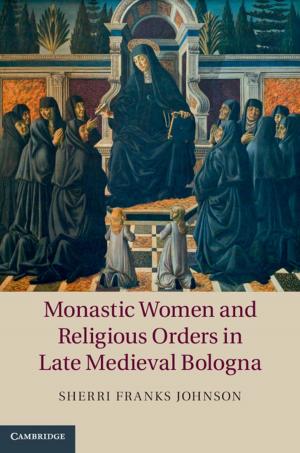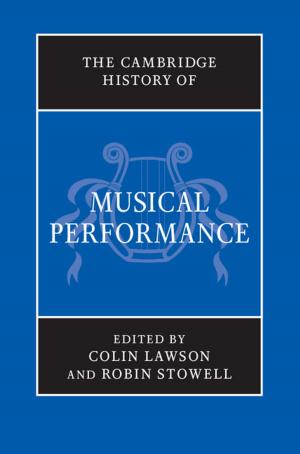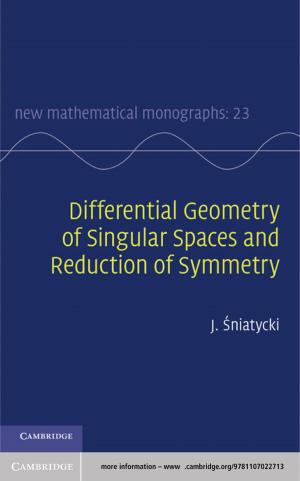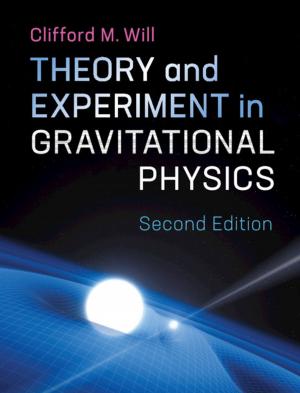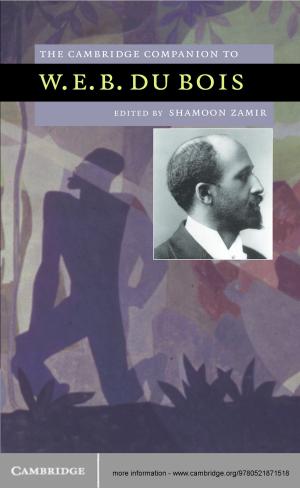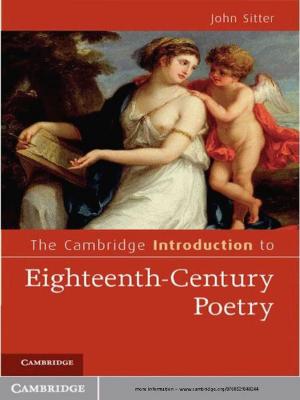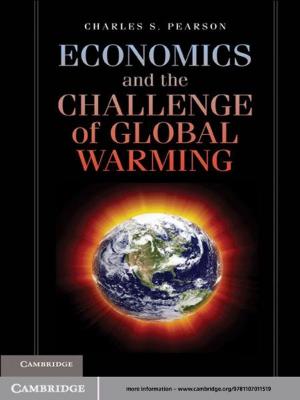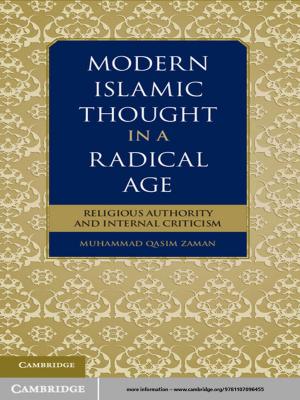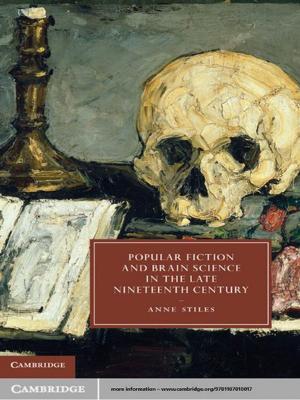Roger Bacon and the Defence of Christendom
Nonfiction, History, European General, Religion & Spirituality| Author: | Amanda Power | ISBN: | 9781139793582 |
| Publisher: | Cambridge University Press | Publication: | October 4, 2012 |
| Imprint: | Cambridge University Press | Language: | English |
| Author: | Amanda Power |
| ISBN: | 9781139793582 |
| Publisher: | Cambridge University Press |
| Publication: | October 4, 2012 |
| Imprint: | Cambridge University Press |
| Language: | English |
The English Franciscan Roger Bacon (c.1214–92) holds a controversial but important position in the development of modern science. He has been portrayed as an isolated figure, at odds with his influential order and ultimately condemned by it. This major study, the first in English for nearly sixty years, offers a provocative new interpretation of both Bacon and his environment. Amanda Power argues that his famous writings for the papal curia were the product of his critical engagement with the objectives of the Franciscan order and the reform agenda of the thirteenth-century church. Fearing that the apocalypse was at hand and Christians unprepared, Bacon explored radical methods for defending, renewing and promulgating the faith within Christendom and beyond. Read in this light, his work indicates the breadth of imagination possible in a time of expanding geographical and intellectual horizons.
The English Franciscan Roger Bacon (c.1214–92) holds a controversial but important position in the development of modern science. He has been portrayed as an isolated figure, at odds with his influential order and ultimately condemned by it. This major study, the first in English for nearly sixty years, offers a provocative new interpretation of both Bacon and his environment. Amanda Power argues that his famous writings for the papal curia were the product of his critical engagement with the objectives of the Franciscan order and the reform agenda of the thirteenth-century church. Fearing that the apocalypse was at hand and Christians unprepared, Bacon explored radical methods for defending, renewing and promulgating the faith within Christendom and beyond. Read in this light, his work indicates the breadth of imagination possible in a time of expanding geographical and intellectual horizons.

